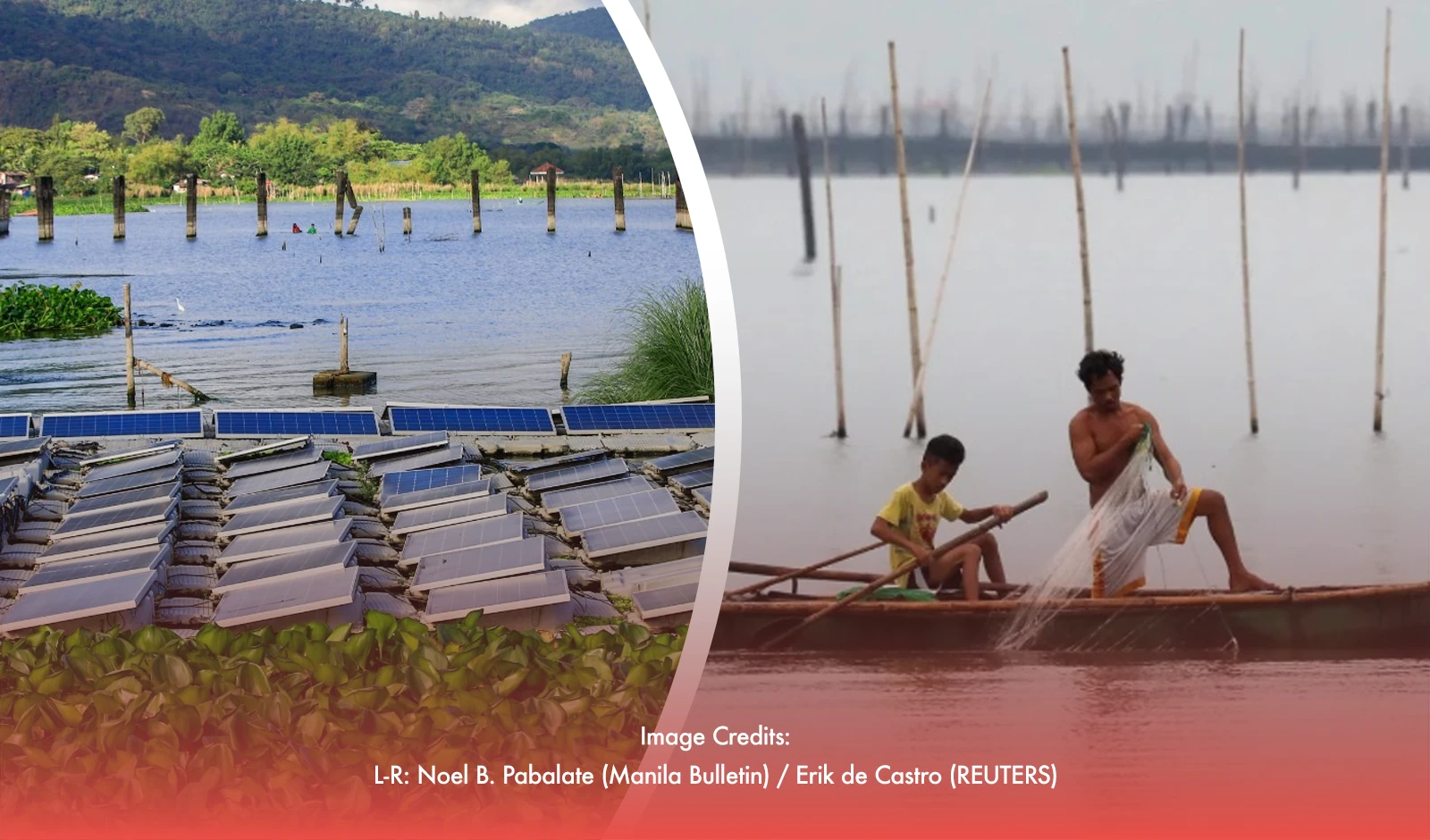Fishing has been a lifeline for Alejandro Alcones and countless others for decades, but the Philippine government's proposal to install floating solar panels on Laguna de Bay is now casting a shadow over this traditional way of life. The shift towards renewable energy, while essential, raises significant concerns for those who rely on the lake for their livelihoods.
Renewable Energy vs. Local Livelihoods
The Philippines, an archipelago of over 7,000 islands, is striving to meet its energy needs while conserving land. With a goal to achieve 50% of its electricity from renewable sources by 2040, the government sees floating solar panels on bodies of water like Laguna de Bay as a promising solution. This approach aims to mitigate land use conflicts and advance the country's energy goals. However, for the 13,000 fishermen who depend on Laguna de Bay, the installation of these solar panels poses a serious threat to their way of life. Fishermen like Alcones are worried that the project will reduce their fishing grounds, impacting both their income and their traditional practices.
The Laguna Lake Solar Project: Benefits and Risks
The Laguna Lake Solar Project plans to install three floating solar facilities over 2,000 hectares of water, with the aim of generating approximately 2 gigawatts of electricity by 2026. This initiative is a crucial part of the Philippines' strategy to reduce reliance on fossil fuels and meet its renewable energy targets. Mylene Capongcol from the Department of Energy highlights the project's importance in achieving a 35% renewable energy share by 2030 and 50% by 2040. Despite these potential benefits, local fishermen are raising alarms. Alcones and his peers fear that the solar panels could obstruct their fishing activities, damage docks, and lead to further reductions in their already limited fishing areas. The National Federation of Small Fisherfolk Organizations in the Philippines (Pamalakaya) estimates that over 8,000 fishermen and aquaculture workers could be affected by the project.
Environmental and Social Considerations
The Responsible Energy Initiative's report underscores potential risks associated with floating solar technology. These include disruptions to local ecosystems, increased sedimentation, and impacts on waterborne activities. The Laguna Lake Development Authority (LLDA) has been consulting with local fishermen to address these concerns, with Mhai Dizon from the LLDA assuring efforts to minimize disruption. However, critics argue that consultations have been limited and that broader community engagement is necessary to address all concerns adequately.








